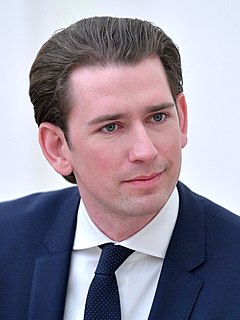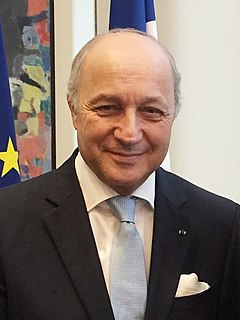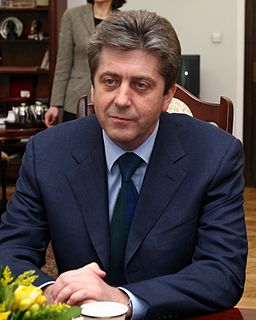A Quote by Gerhard Schroder
Whatever the details of union may be, there's no doubt we need more policy coordination in Europe.
Related Quotes
We need to move forward, from the common currency to the banking union to a common financial policy and, in the middle-term, to a common foreign and security policy. That will take time, because we need to figure out how to deal with those countries that don't always want a more tightly integrated European Union.
Thanks to the euro, our pockets will soon hold solid evidence of a European identity. We need to build on this, and make the euro more than a currency and Europe more than a territory... In the next six months, we will talk a lot about political union, and rightly so. Political union is inseparable from economic union. Stronger growth and Euorpean integration are related issues. In both areas we will take concrete steps forward.
If I were a factory employee, a workman on the railroads or a wage-earner of any sort, I would undoubtedly join the union of my trade. If I disapproved of its policy, I would join in order to fight that policy; if the union leaders were dishonest, I would join in order to put them out. I believe in the union and I believe that all men who are benefited by the union are morally bound to help to the extent of their power in the common interests advanced by the union.
The United States really only accounts for about 3 percent of the economic engagement with Russia. Europe is 40 percent, and so Europe's contribution to this pressure is far more than symbolic. It's very practical. And that's one of the many reasons why we have worked hard to remain in close coordination with our European partners.
Europe is sort of like the Soviet Union in the '30s and '40s. There was an argument, is it reformable or not? There is a feeling, and I think it's correct, that the European Union, the eurozone, and the euro, is not reformable, as a result of the Lisbon treaties and the other treaties that have created the euro. Europe has to be taken apart in order to be put together not on a right-wing, neoliberal basis, but on a more social basis.
We need a common European tax policy that closes these tax loopholes. We need a common European social policy that prevents social dumping. We need an effective securing of our external borders and a smart way of fighting terrorism. Acting as a state within a national framework is no longer enough. The German chancellor has completely failed to convey that throughout her years in power. We need a re-start for Europe.
You need a debate and a vote on the principles: Do you want more Europe or less Europe? Do you believe we are more efficient with defense and security with Europe, or not? Do you believe we are more efficient for our companies with or without Europe? Those are the questions we have to discuss and push our people to vote on it.











































